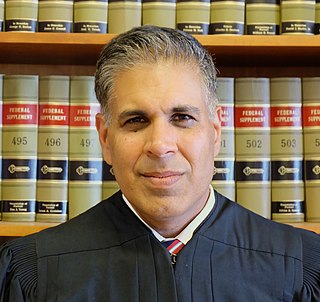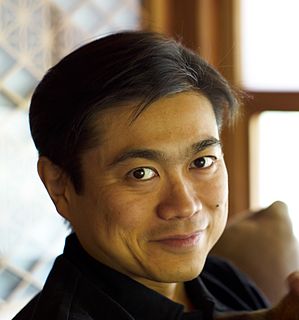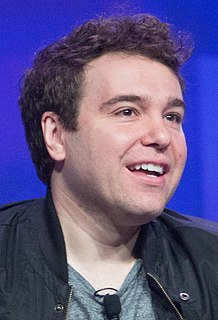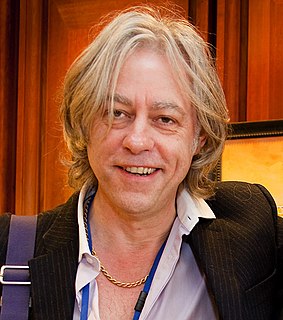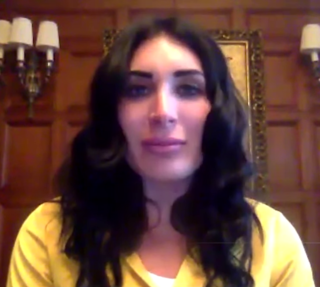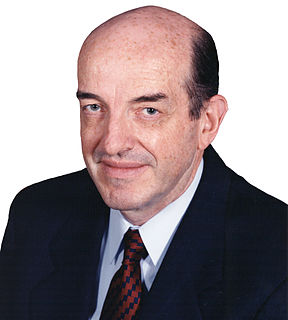A Quote by Amul Thapar
The solution to voters potentially being misled by a judicial candidate's political speech is more speech - not government censorship.
Related Quotes
Because of the free speech clause in the First Amendment, which is very clear, "The government shall make no law abridging freedom of speech," and it literally is about political speech. You can say anything you want about politics, a candidate, and the government cannot stop you. And the Democrats hate that.
Active liberty is particularly at risk when law restricts speech directly related to the shaping of public opinion, for example, speech that takes place in areas related to politics and policy-making by elected officials. That special risk justifies especially strong pro-speech judicial presumptions. It also justifies careful review whenever the speech in question seeks to shape public opinion, particularly if that opinion in turn will affect the political process and the kind of society in which we live.
If you have an internet service provider that's capable of slowing down other sites, or putting other sites out of business, or favoring their own friends and affiliates and customers who can pay for fast lanes, that's a horrible infringement on free speech. It's censorship by media monopolies. It's tragic: here we have a technology, the internet, that's capable really of being the town square of democracy, paved with broadband bricks, and we are letting it be taken over by a few gatekeepers. This is a first amendment issue; it's free speech versus corporate censorship.
If a university official's letter accusing a speaker of having a proclivity to commit speech crimes before she's given the speech - which then leads to Facebook postings demanding that Ann Coulter be hurt, a massive riot and a police-ordered cancellation of the speech - is not hate speech, then there is no such thing as hate speech.
Regardless of how lyrical or rhetorically gifted they are in conveying big ideas, any candidate can do a good job of giving a speech if the goal of a speech is more than just delivering it well but achieving some end, whether it's convincing people of some issue or persuading them about you as a person.
